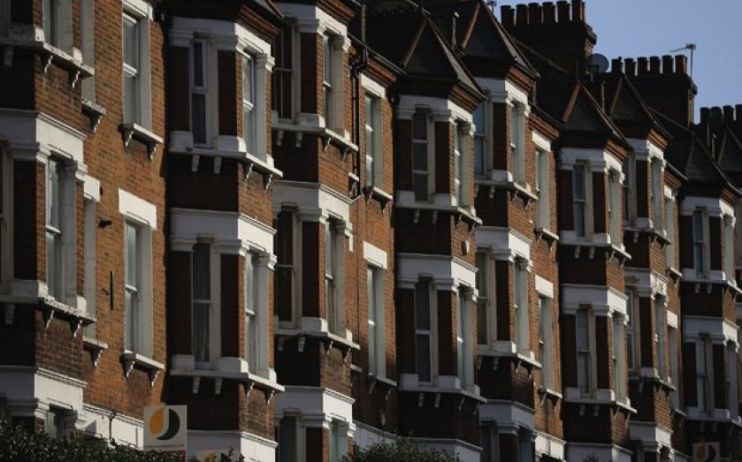Kwarteng makes permanent cut to stamp duty in a bid to drive growth

Kwasi Kwarteng confirmed stamp duty would be slashed from today in a bid to drive growth and boost confidence in the economy.
Announcing his mini-budget, Kwarteng said: “Today’s statement is about growth. Home ownership is the most common route for people to own an asset, giving them a stake in the success of our economy and society.
So to support growth, increase confidence, and help families aspiring to own their own home, I can announce that we are cutting stamp duty.”
He said no levy would be paid on the first £250,000 of a property, up from the previous £125,000.
For first-time buyers the threshold would now be £425,000, as opposed to £300,000.
These fresh measures will get more than 200,000 buyers out of paying for the duty, opening the way for an era of prosperity, says the Chancellor.
Kwarteng said these cuts would be permanent, and effective from today.
It comes a year after the end of the stamp duty holiday, which was used to bolster the housing market during the pandemic and pushed property prices to an all-time high across the UK.
Shares in FTSE 100 house builder Barratt Developments have already started to climb this morning following the news.
Real estate giant Rightmove said this afternoon that raising the threshold to £250,000 means that a third of all homes currently for sale (33 per cent) are now completely exempt from stamp duty in England (up from seven per cent when the threshold was £125,000).
Hargreaves Lansdown senior personal finance analyst Sarah Coles said Kwarteng’s move will be welcomed by buyers across the country.
“The horrendous cost of buying a house just got cheaper – at least for now. The stamp duty cut will ease some of the pressure on buyers. It’s particularly welcome as house prices rocket and interest rates continue to climb. But in the medium-term, it risks making life even harder,” she said.
She explained that the cut was largely the Treasury’s reaction to rising interest rates, which could squeeze the life out of the market.
“Higher mortgage rates and higher property prices form a toxic cocktail, that risks killing off demand. For buyers facing forking out thousands of pounds right now, it’s a welcome change,” Coles explained.
“However, there’s every chance that the change doesn’t drain the toxic cocktail, it just remixes it. Structural changes in stamp duty aren’t guaranteed to stimulate demand.”
Lorna du Sautoy, Legal Director at law firm BDB Pitmans, deemed the move a “quick-fix,” introducing more buyers to an overheated market.
“The proposal is intended to improve conditions for first-time buyers and downsizers and to offset the impact of rising mortgage rates. This reduction may encourage market activity at the lower end of the market but in practice a saving of £2,500 is unlikely to impact the prime residential market,” she explained.